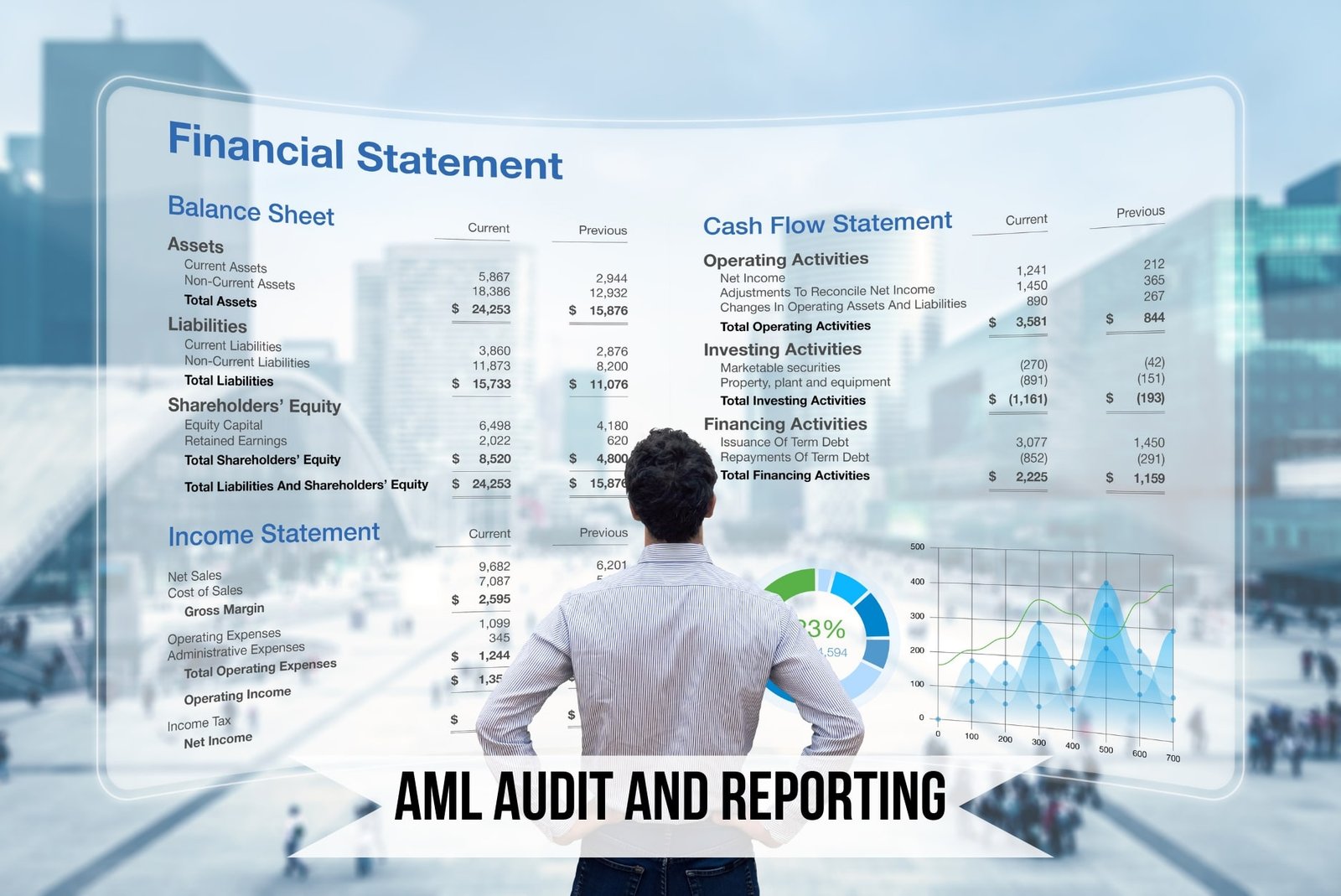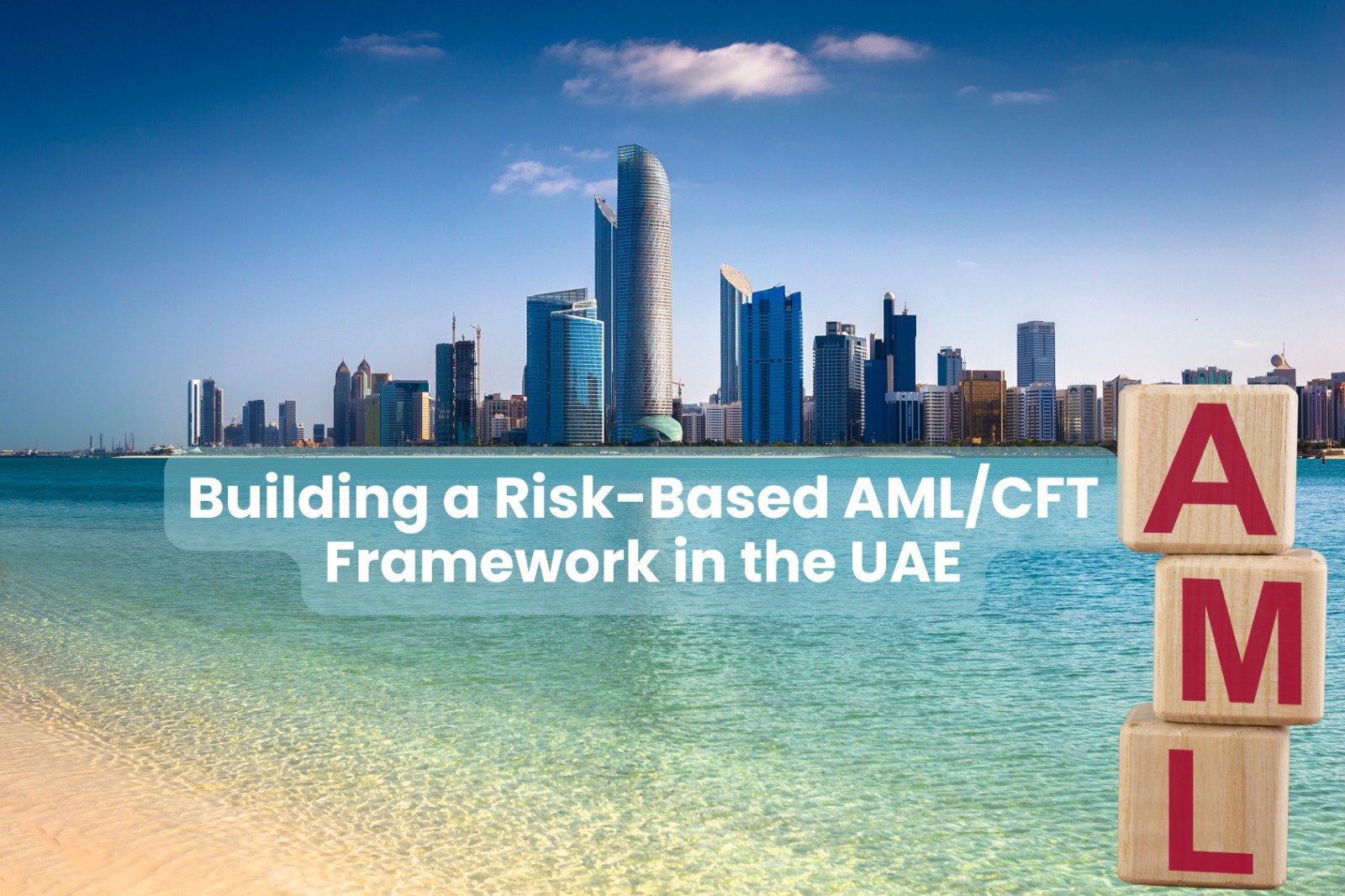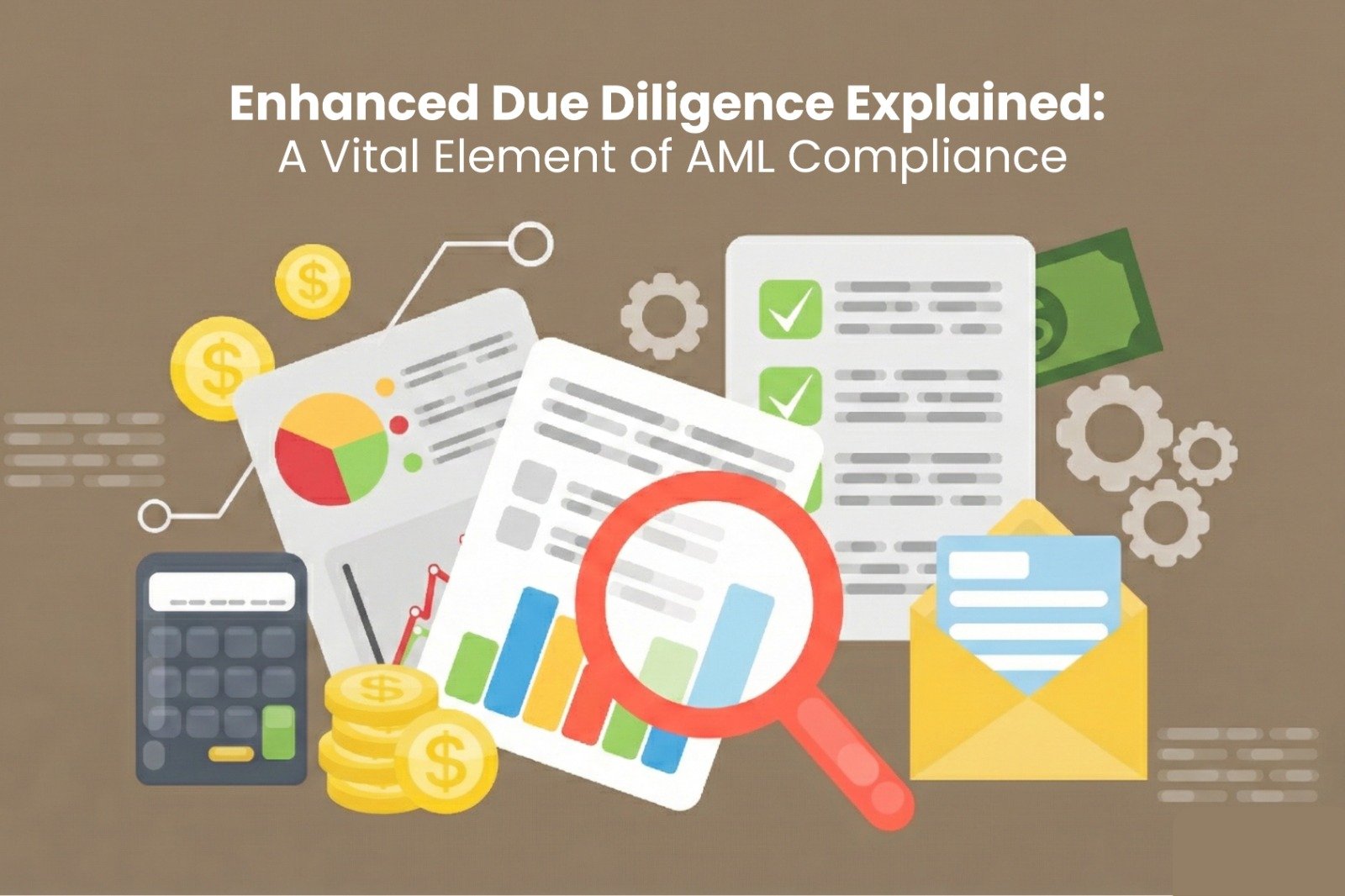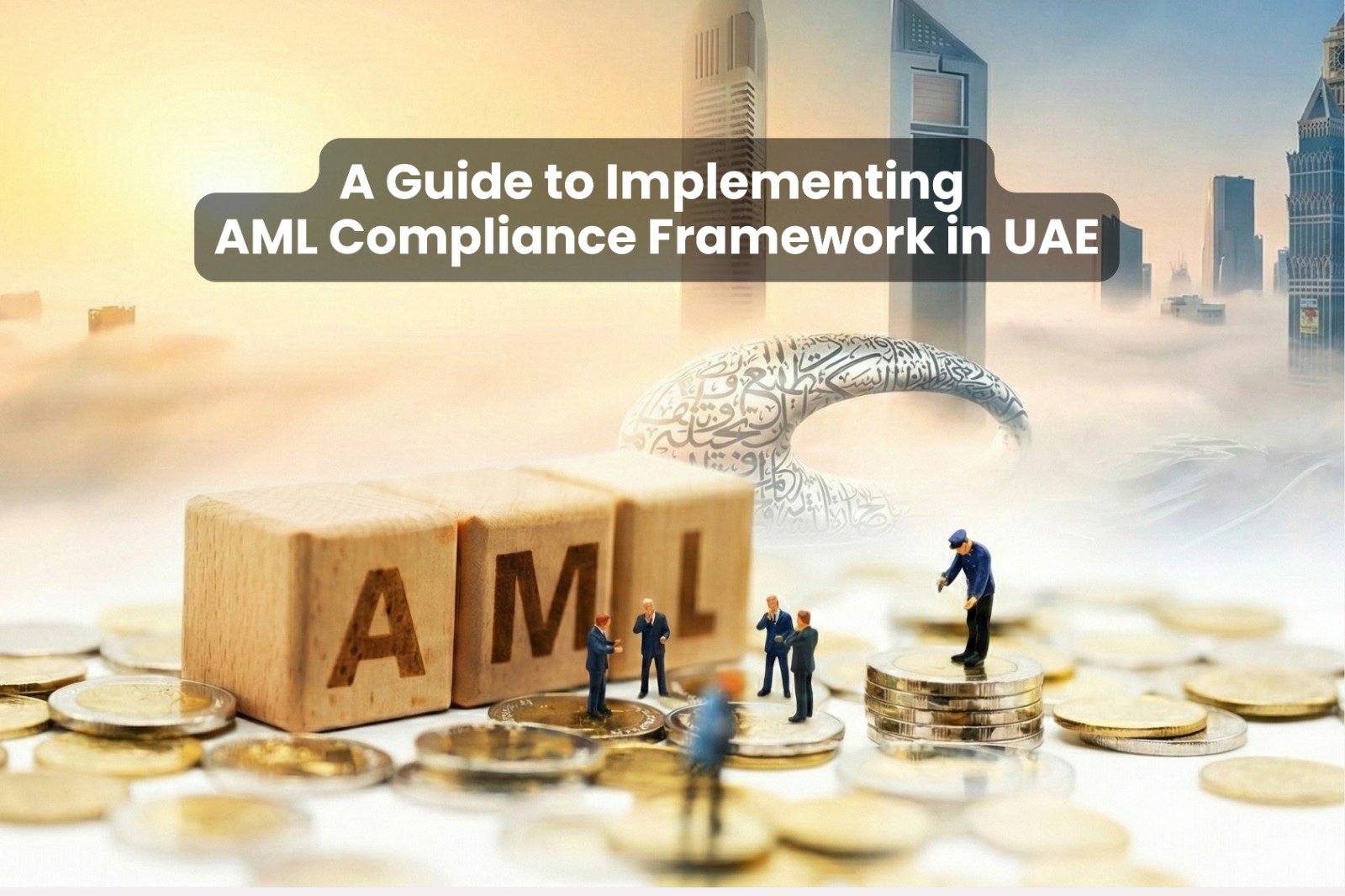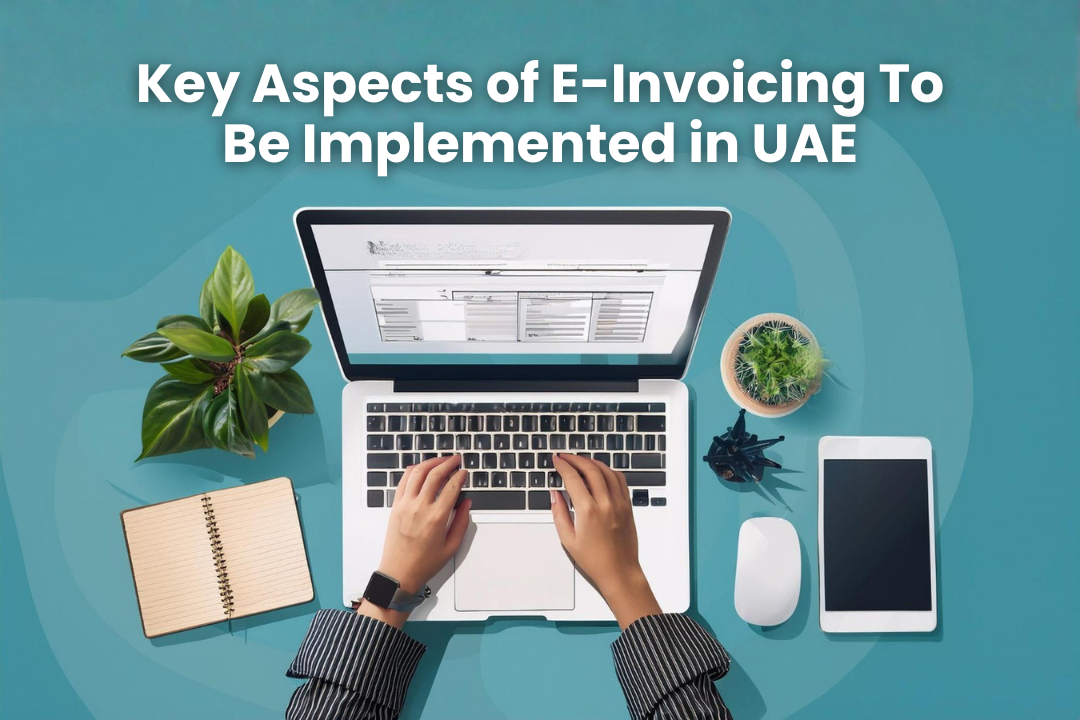Conducting an anti-money laundering (AML) audit is a crucial procedure for financial institutions to verify adherence to regulations and thwart money laundering and terrorist financing. When executed successfully, this audit plays a pivotal role in enabling an organization to recognize and address risks, bolster internal controls, and elevate the standards of customer due diligence practices.
What Is An AML Audit?
An anti-money laundering (AML) audit serves as an assessment of an organization’s commitment to AML regulations and optimal practices. Its objective is to pinpoint any deficiencies or loopholes in the organization’s AML compliance framework and propose enhancements. This audit scrutinizes the efficacy of critical compliance protocols, such as internal controls, customer due diligence procedures, and transaction monitoring systems, determining whether the organization has implemented these measures effectively and is aligning with current regulatory standards.
To evaluate these processes comprehensively, the auditor employs various methods, including scrutinizing policies and procedures, conducting interviews with staff, examining customer files, and assessing the functionality of transaction monitoring and other AML compliance systems.
Who Should Conduct the Audit?
Typically, an independent third-party auditor or an internal audit team is responsible for conducting an AML audit. The findings of the audit are documented in a report that highlights any shortcomings or vulnerabilities within the organization’s AML compliance program, offering recommendations for enhancement. This report becomes a valuable tool for the organization to implement changes in its AML program and enhance its overall risk management concerning anti-money laundering.
While an internal team can undertake the audit, individuals involved in areas susceptible to money laundering mustn’t perform the audit to maintain objectivity and ensure a thorough assessment. Audtiac International can be your strategic partner for AML consulting services in Dubai.
AML Audit Checklist
An Anti-Money Laundering (AML) audit is a cornerstone in the defense against financial crimes, ensuring that businesses stay ahead of regulatory requirements and protect their operations from illicit activities. The nature of an AML audit can vary, influenced by factors like business size, industry, and geographical location. To guide financial institutions through this critical process, we’ve compiled a comprehensive checklist covering key areas that should be evaluated in most AML audits.
1. Regulatory Compliance
- Confirm the organization’s understanding of AML regulations and its commitment to updating policies in response to regulatory changes.
- Verify the existence of a system for tracking and promptly implementing regulatory modifications.
- Scrutinize regulatory filings for accuracy and timeliness.
- If applicable, test the effectiveness of regulatory reporting systems.
2. Customer Due Diligence (CDD)
- Evaluate CDD policies to ensure they are risk-based and align with regulatory requirements.
- Verify the organization’s system for identifying and verifying customer identities, ensuring regular updates.
- Review Enhanced Due Diligence (EDD) policies, especially for high-risk customers like politically exposed persons (PEPs).
- Validate the effectiveness of watchlist and sanctions screening solutions.
3. Transaction Monitoring
- Assess the effectiveness of the organization’s transaction monitoring system in identifying suspicious activities.
- Verify the presence of a system for escalating suspicious activity reports to relevant authorities.
- Review policies and procedures concerning large transactions, cross-border transactions, and cash transactions.
Know More: AML consulting firms in UAE
4. Internal Controls
- Evaluate internal controls related to AML compliance, including policies, procedures, training programs, and monitoring and reporting systems.
- Confirm the existence of a system for identifying and reporting internal control deficiencies, with appropriate corrective actions.
- Review the accuracy and completeness of the organization’s audit trail.
5. Reporting
- Evaluate AML reporting policies and procedures for compliance with regulatory requirements.
- Verify the existence of a system for reporting suspicious activities to appropriate authorities.
- Review the organization’s reporting history to ensure accurate and timely filing of required reports (e.g., SARs & CTRs).
6. Testing
- Conduct testing to ensure the effectiveness of the organization’s AML compliance program in preventing money laundering and terrorist financing.
- Confirm the existence of a system for testing the AML compliance program, with appropriate corrective actions based on test results.
7. AML Training
- Evaluate AML training programs for both existing and new employees.
- Assess the frequency of AML training sessions.
8. Past Audits
- Review the organization’s AML audit history to evaluate how past deficiencies were addressed.
How Often Should You Audit Your AML Program?
An AML audit is not a one-time event but an ongoing process to keep the company’s AML program effective and up-to-date. The frequency of audits depends on factors like the company’s size, complexity, risk level, and regulatory requirements. Generally, annual or bi-annual audits are recommended, but more frequent audits may be necessary based on specific circumstances.
It’s crucial to consult with legal and compliance experts to determine the appropriate frequency for AML audits, ensuring a proactive approach to financial integrity and regulatory compliance. By adhering to these comprehensive audit practices, businesses can fortify their defenses against financial crimes, fostering a secure and trustworthy financial ecosystem.
To know more about how Auditac International can be a strategic ally in your journey towards AML excellence, reach out to us today for AML services in UAE. Whether it’s about addressing issues uncovered in your latest audit or proactively fortifying your defenses, we stand ready to empower financial institutions with cutting-edge solutions. Safeguard your institution, protect your customers, and contribute to a financial ecosystem built on trust and integrity. Contact Auditac International – where financial integrity meets technological innovation.
